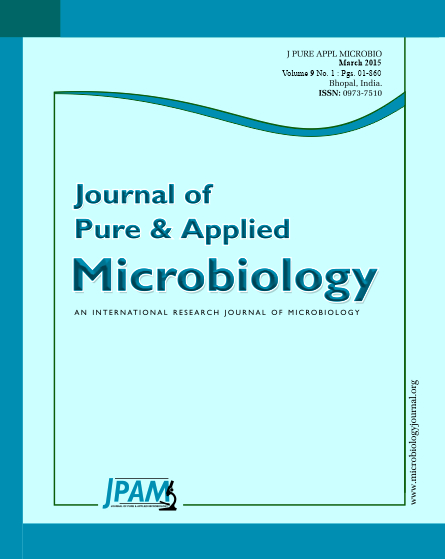The edible tissue extracts of sour jujube were characterized with respect to the protective effects on DNA damage caused by hydroxyl radical. The antioxidant activities and phenolic compounds were also monitored for three sour jujube extracts. The results showed that nine phenolic compounds in sour jujube were identified and quantified. Protocatechuic acid and rutin were the main phenolic compounds. The content ranged from 278.90 µg/g to 871.52 µg/g and 66.80 µg/g to 167.49 µg/g, respectively. More importantly, methanol and water extracts prevented hydroxyl radical induced DNA damage by 55% and 74% respectively. The protection should be related to super hydroxyl radical scavenging capability and ferrous ion-chelating activity of phenoic compounds present in water and methanol extracts. The edible tissue of sour jujube can be used not only as a source of natural antioxidants but also as an ingredient of the functional food related to the prevention and control carcinogenesis diseases.
Sour jujube, DNA damage, Oxidative stress, Antioxidant activity, Phenolic compounds
© The Author(s) 2015. Open Access. This article is distributed under the terms of the Creative Commons Attribution 4.0 International License which permits unrestricted use, sharing, distribution, and reproduction in any medium, provided you give appropriate credit to the original author(s) and the source, provide a link to the Creative Commons license, and indicate if changes were made.


